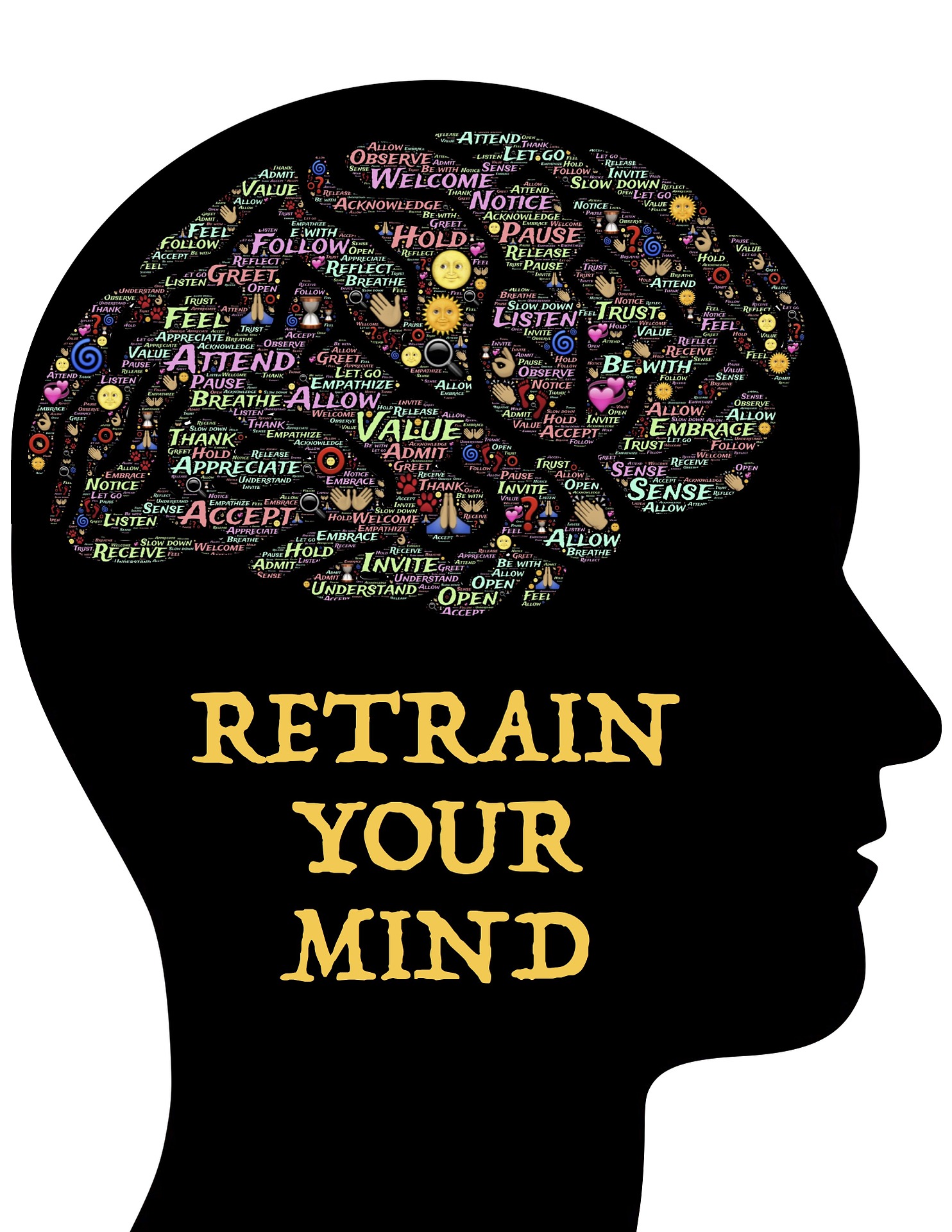What Is Neurodiversity-Affirming Practice? A Guide for Therapists
What Is Neurodiversity-Affirming Practice? A Guide for Clinicians Understanding the Question Therapists and mental health practitioners often encounter the term “neurodiversity-affirming practice” but may not fully understand what it entails. Simply put, neurodiversity-affirming practice is an approach that respects, values, and supports the diversity of neurological differences rather than attempting to “fix” or change them. …

